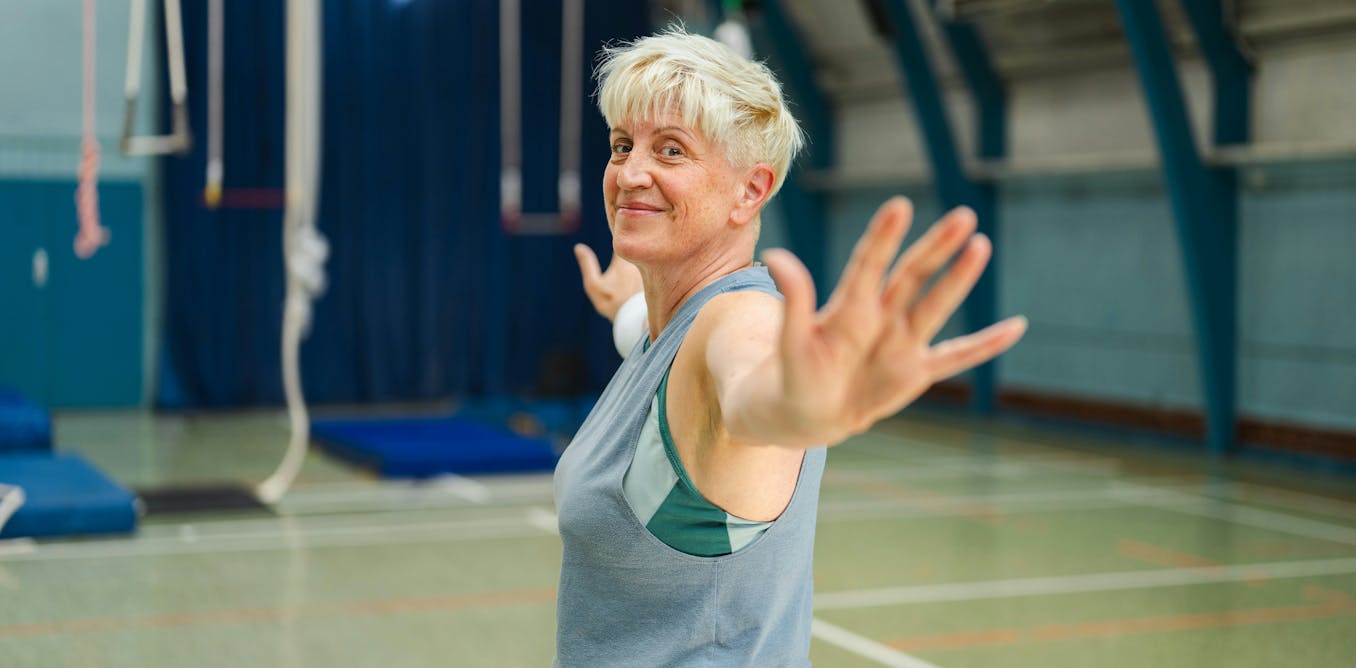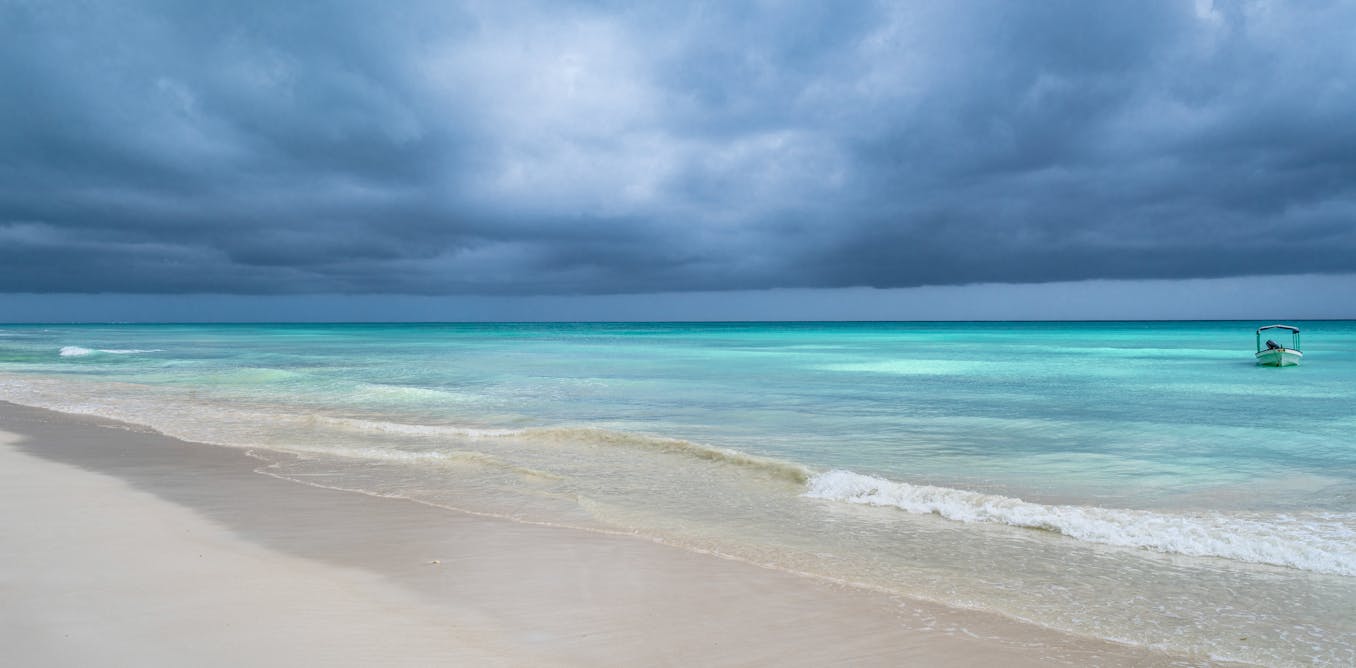How New Visa Fees in the ‘Big Beautiful Bill’ Could Spoil the 2026 World Cup
As the globe gears up for the much-anticipated 2026 World Cup, which will be jointly hosted by the United States, Canada, and Mexico, a significant shadow looms over the event: the steep increases in non-immigrant visa fees proposed in President Donald Trump’s latest legislation, dubbed the “Big Beautiful Bill.” This legislation, which is set to roll out next year, could deter international fans, players, and media from flocking to U.S. shores during the world’s most celebrated soccer tournament.
A Costly Welcome Mat
The timing couldn’t be more ironic. As the U.S. seeks to present itself as a welcoming host for millions of soccer enthusiasts, the new visa fees could act as a deterrent rather than an invitation. World Cup events typically draw fans from around the globe, with many travelling great distances to cheer for their teams. However, the added financial burden of steeply increased visa applications may dissuade potential attendees, transforming what should be a jubilant celebration of sport into a logistical headache.
Economic Impacts
The economic implications of these barriers are significant. The World Cup is not just a sporting event; it represents an opportunity for a substantial economic boost to local economies. From the tourism sector—hotels, restaurants, and local attractions—to merchandise sales, the influx of fans generally generates billions in revenue. If international attendees are deterred by exorbitant visa fees, the entire ecosystem surrounding the event could suffer, leaving cities unprepared to recoup the expected financial benefits.
Mixed Reactions
Reactions to the proposed visa fee increases have been mixed. While some argue that they help bolster national security and border control, opponents emphasize that the resulting impact could be counterproductive, particularly during a major global event that requires a unified spirit of hospitality. Voices from the soccer community stress the importance of inclusivity and accessibility, recognizing that the essence of the World Cup transcends borders and should welcome all fans, regardless of their financial situations.
The Path Forward
As planning for the 2026 World Cup continues, it’s crucial for stakeholders—including government officials, tourism boards, and FIFA— to reconsider these changes and actively seek solutions that promote accessibility. Innovative visa programs, sponsorship opportunities, and financial waivers for certain demographics could help alleviate the burden and revive the spirit of a shared international celebration.
In conclusion, the 2026 World Cup presents a unique opportunity for the U.S. to showcase its culture and hospitality on a global stage. However, if new visa fee structures are allowed to stand unchecked, they could inadvertently sour the experience for many, transforming one of the most celebrated moments in sports history into a story of division rather than unity. As the countdown to the tournament begins, the call to action is clear: let’s ensure that barriers to entry do not overshadow the thrill of the game.
Watch the video by Forbes
Video “How New Visa Fees In The ‘Big Beautiful Bill” Could Spoil The 2026 World Cup” was uploaded on 07/15/2025 to Dailymotion Channel Forbes



































Leave a Reply